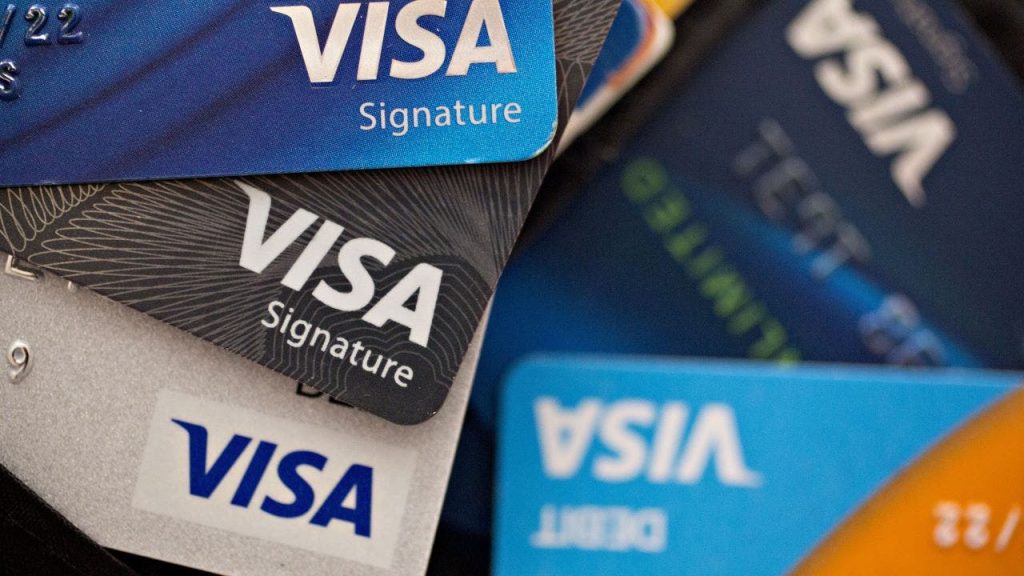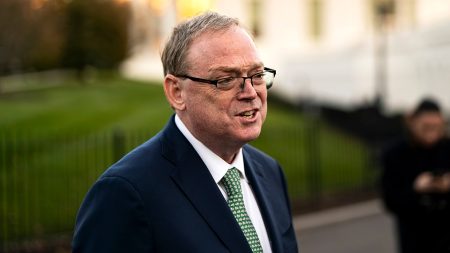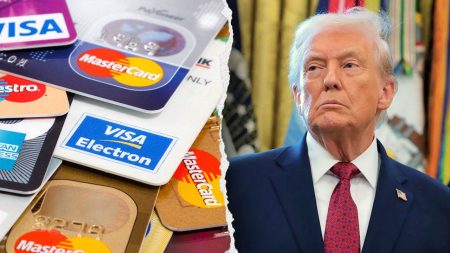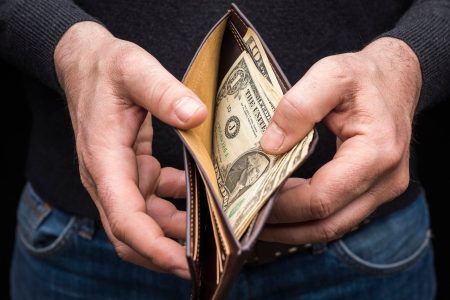The Biden administration on Tuesday finalized a new rule to cap all credit card late fees at $8, a move that is expected to elicit fierce pushback from industry giants.
The Consumer Financial Protection Bureau estimates the new regulation will save American families more than $10 billion in late fees annually by reducing the typical late fee of about $32. That amounts to an average saving of roughly $220 per year for the 45 million people who are charged late fees.
The rule applies to the country’s largest credit card issuers, which covers those with more than 1 million open accounts. These companies represent about 95% of total outstanding credit card balances. While smaller credit card issuers tend to charge lower rates and fees to their borrowers, the CFPB said that large issuers charge close to the maximum allowable late fee amount.
CREDIT CARD DELINQUENCIES SURGE AS AMERICANS BATTLE HIGH INFLATION, INTEREST RATES
The crackdown on late fees is part of a broader initiative by the Biden administration to limit so-called junk fees, which are sometimes hidden surcharges that consumers pay on everything from credit cards to loans to hotel rooms. Earlier this year, federal regulators rolled out a proposal to sharply cut overdraft fees charged by banks.
The White House is also trying to lower costs for voters as they continue to grapple with still-high inflation that has sent the cost of everyday necessities soaring.
While inflation has fallen considerably from a peak of 9.1% notched during June 2022, it remains well above the Federal Reserve’s 2% goal. When compared with January 2021, shortly before the inflation crisis began, prices are up a stunning 17.6%.
A FED PAUSE LIKELY WON’T HELP STRUGGLING CONSUMERS
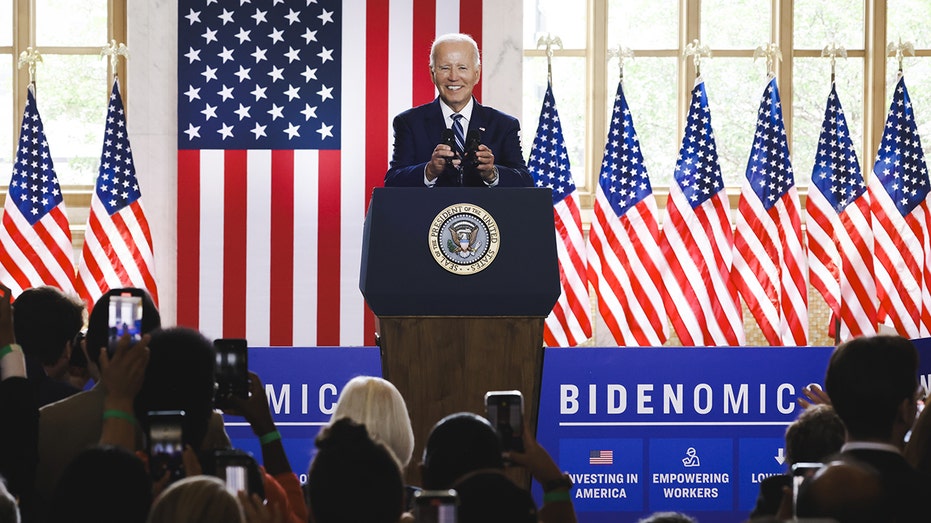
“For over a decade, credit card giants have been exploiting a loophole to harvest billions of dollars in junk fees from American consumers,” said Rohit Chopra, CFPB director. “Today’s rule ends the era of big credit card companies hiding behind the excuse of inflation when they hike fees on borrowers and boost their own bottom lines.”
However, major financial institutions slammed the latest rule targeting credit card late fees, warning that it could ultimately hurt consumers by reducing competition, increasing the cost of credit, causing more people to pay late and reducing credit access for those who need it more.
“The Bureau’s misguided decision to cap credit card late fees at a level far below banks’ actual costs will force card issuers to reduce credit lines, tighten standards for new accounts and raise APRs for all consumers – even those who pay on time,” said Rob Nichols, the president and CEO of the American Bankers Association.
The American Bankers Association pledged that it would fight the “harmful consumer policy” by the CFPB, while the Chamber of Commerce said it would “immediately” file a lawsuit against the CFPB.
Read the full article here





